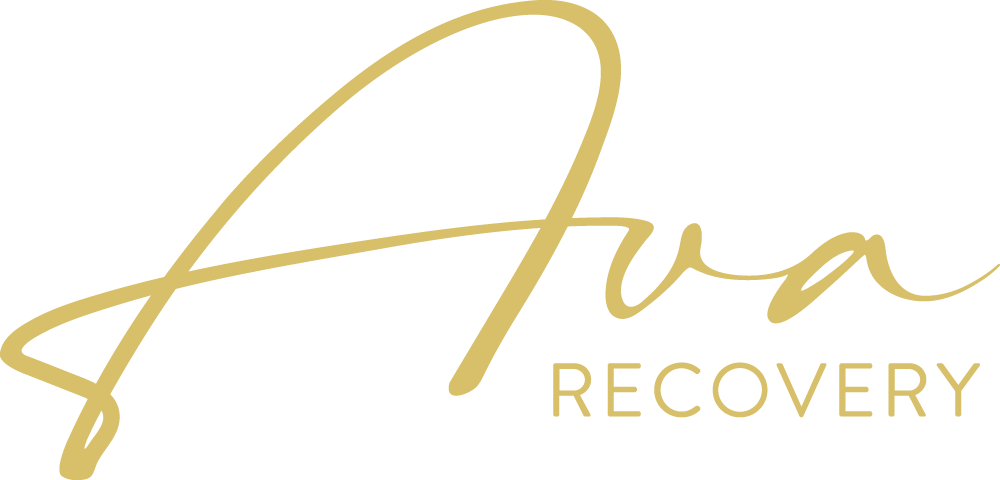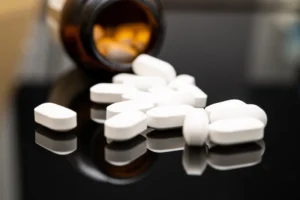Let’s look into why this form of therapy is gaining popularity in treatment centers across the world and why treatment centers are so eager to incorporate it as a key pillar of their rehabilitation program.
Cognitive Behavioral Therapy (CBT) has gained recognition as a top-performing therapeutic method for addressing addiction.
Studies have shown its effectiveness in treating various mental health issues, such as addiction, anxiety, and depression.
But what is CBT exactly? And how does it function?
What is CBT?
Cognitive Behavioral Therapy (CBT) is a highly effective psychological treatment that focuses on the patient’s thought patterns and the relationship between their thoughts, feelings, and behaviors.
The therapy is based on the principle that the way we think, feel, and act are all closely related and have a profound impact on our well-being.
By understanding the connection between our thoughts, feelings, and behaviors, patients can learn to change the patterns that are negatively impacting their lives.
CBT therapists may employ a variety of methods to achieve this and help patients unlearn negative behaviors. These methods include techniques such as breathing exercises that can help patients control their emotions.
What is Cognitive Behavioral Therapy For Addiction
Substance abuse is not just a physical ailment, but also a mental health disorder. The attitudes and beliefs that addicts hold towards addiction play a significant role in their destructive habits.
Drugs and alcohol can create physical dependence, but one of the most difficult aspects to overcome remains psychological addiction.
In fact, its behaviors tend to drive addicts back into relapse even after years of quitting. The addict may have overcome physical dependence but the psychological addiction remains strong.
Cognitive Behavioral Therapy (CBT) in addiction treatment aims to address the psychological challenges that addicts face by transforming their core attitudes and beliefs about substance abuse.
CBT focuses on identifying the connections between the addict’s thoughts, feelings, actions, and substance abuse problems. By bringing these connections to the addict’s attention, the therapist helps them develop awareness and control their impulses.
Some ways in which CBT can help addicts with their substance abuse problem include:
- Improving self-control
- Replacing habits that trigger substance abuse
- Recognizing situations where they may be most likely to take drugs or drink alcohol
- Developing coping strategies
- Learning to cope with other behaviors that lead to substance abuse like stress
CBT Strategies for Addictions
Cognitive Behavioral Therapy (CBT) can equip addicts with the skills they need to manage their addiction cravings. It does so by teaching them how to avoid triggers and control stress levels.
For instance, if someone finds themselves drinking when feeling bored or lonely, the therapist may help the patient to recognize these patterns and substitute the negative behavior with positive alternatives.
For example, playing a sport or hanging out with friends in places where alcohol is not present.
Other CBT techniques that patients may employ in their treatment for addiction include:
- Keeping a diary for self-awareness
- Swapping negative thoughts for positive ones
- Replacing one triggering activity with another
- Breathing exercises
- Scheduling times to relax and enjoy and consciously adding these activities into one’s life
CBT Therapy in Recovery
Cognitive Behavioral Therapy (CBT) is a highly effective treatment for alcohol and substance abuse disorders. This approach can be used on its own or in conjunction with other treatments to support a person’s long-term recovery from addiction.
Still, wondering what CBT is? Perhaps not anymore.
So now that you have a better understanding of what CBT is, you may want to find a recovery center that offers this form of therapy.
Ava Recovery offers treatment for co-occurring disorders and CBT therapy for addicts.
Contact Ava Recovery today and find out how our behavioral therapy can help you get sober and stay that way long after you’ve left our facility.






